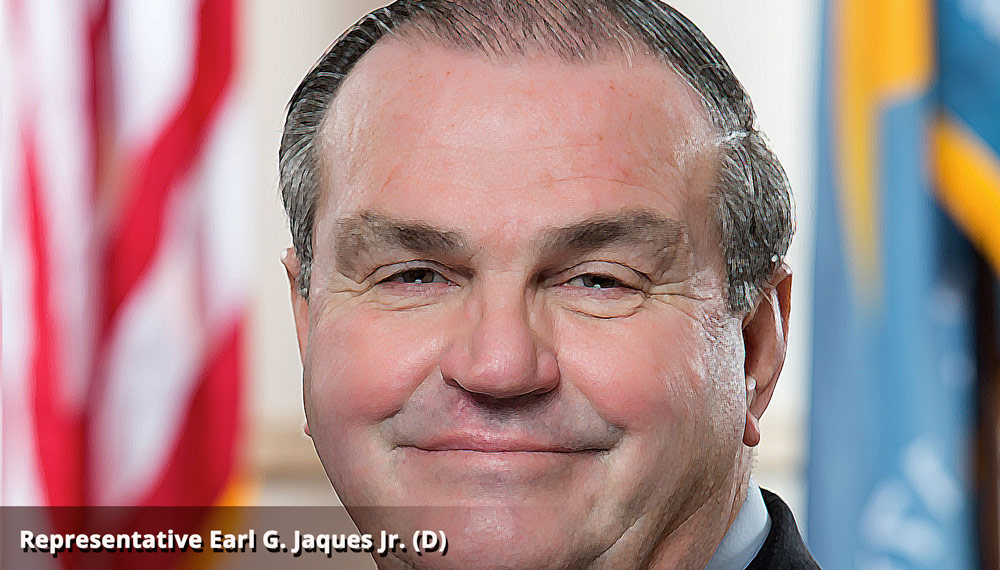Former Vice-President Joe Biden was put on the spot, again, about race. During last Thursday’s presidential candidates’ debate, ABC newscaster Lindsey Davis asked what responsibility Americans should “take to repair the legacy of slavery in our country?”
Triple, Biden said, “the amount of money we spend.…”
On “very poor schools, the Title I schools.”
From $15 to $45 billion a year.
Dodging the reparations question, he offered a four-part plan for educating poor children that was very … educational.
Biden’s second solution is “make sure that we … help the teachers deal with the problems that come from home.”
Send in more psychologists!
Step three is to “make sure that … 3‑, 4‑, and 5‑year-olds go to school. School. Not daycare. School.”
Sounds like forcing every parent to put their 3‑year-old into school. Or just “poor” 3‑year-olds? Neither sounds good.
If my elementary school math still holds, next comes policy objective No. 4.
And it’s a doozy.
“We bring social workers in to homes and parents to help them deal with how to raise their children,” Sleepy Joe declared. Because as he explained “they”— wealth-challenged parents — “don’t know quite what to do.”
But Biden does. “Play the radio, make sure the television — excuse me, make sure you have the record player on at night, make sure that kids hear words.”
The former VEEP explained that children from “a very poor background will hear four million words fewer spoken by the time they get [to school].”
Language skills matter. But do we really want the next president to station a social worker under every kid’s bed to make sure the record player isn’t skipping?
This is Common Sense. I’m Paul Jacob.

Illustration adapted from an image by Rusty Clark
—
See all recent commentary
(simplified and organized)










